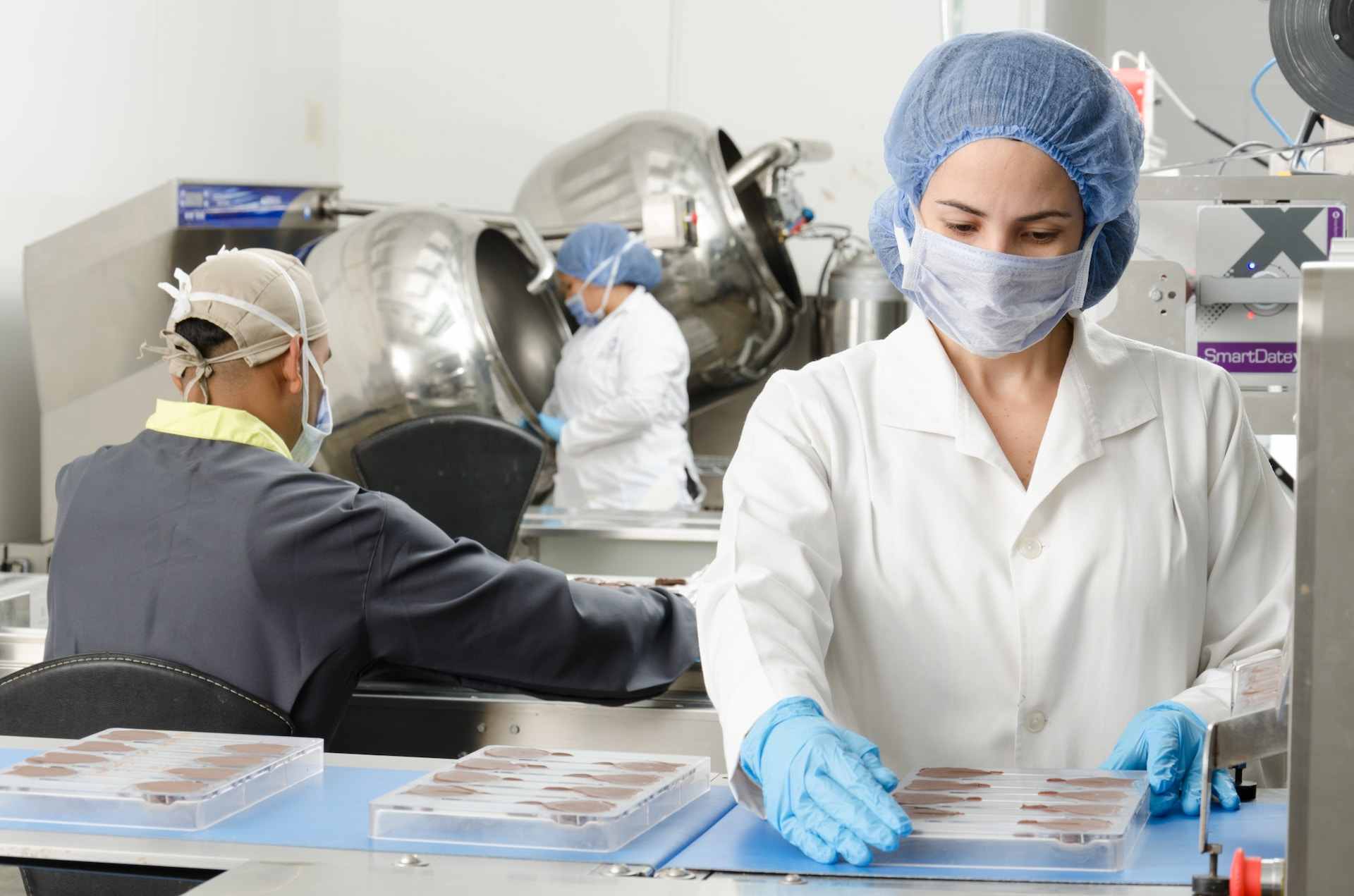Most people only perform a full body checkup during minor or major medical emergencies. To ensure that you are maintaining your immunity and avoiding any impending medical issues, a periodic full body checkup should be performed at least once every six to twelve months. Before and after a thorough body checkup, there are a few requirements that must be met; failing to do so will undoubtedly have negative effects on the results.
The test subject, or you in the case of a health check, is largely responsible for the accuracy and reliability of the test. What must you do or refrain from doing prior to a lab test or health screening? The actions and procedures required for a full body checkup are as follows:
Have a good night's sleep before your checkup - In order to maintain blood flow and proper contraction of all your body's muscles, adequate rest is just as important as a healthy diet and physical activity. It is advised to get at least 6 hours of rest before having a health checkup because failing to do so can cause irregularities in the body temperature, heartbeat, and blood pressure readings when conducting various tests.
Food intake monitoring - Food intake should be closely monitored because eating or drinking can cause irregularities in the results of tests for blood sugar and cholesterol. It is best to avoid eating or drinking anything for six to eight hours prior to the tests. The risk of dehydration should be avoided, though, by drinking plenty of water.
Avoid alcohol consumption - While drinking alcohol is not good for your health in the long run, it is advised to abstain from it for the 24 hours prior to the health checkup tests if you actually do. Alcohol use may affect test results, especially those related to the liver, kidneys, and blood.
Avoid eating anything salty or fatty before tests - Consuming foods that are high in fat and salt can cause blood sugar levels to fluctuate, which may affect test results. As a result, it is always advisable to avoid eating these foods prior to testing. After the tests, though, you are allowed to eat these foods in moderation.
Avoid strenuous exercise - Cardio exercises and weightlifting both raise a person's blood flow, heart rate, and pulse. It is advised that you refrain from engaging in any form of exercise on the day that you have a full body checkup. By doing this, you can maintain healthy levels of blood flow and heartbeat.
Carry the most recent reports of any chronic diseases - Carry the recent reports of existing chronic ailments that you may have, such as high blood pressure, when having a full body checkup in Hyderabad. This will give the doctors a better idea for a thorough diagnosis.
Consult a physician before taking any medications for hypertension - If you take hypertension medications, they may have side effects that could affect the results of your full body checkup. In such cases, it is advised to take such medications as directed by a physician after appropriate consultation.
Wear comfortable and loose clothing - The medical staff will need samples of your blood or urine to conduct tests for a full body checkup. Wearing comfortable, loose clothing that allows access to your upper arms—typically where the blood sample is taken—is advised when providing these samples.
Avoid administering tests during a menstrual period - For females, it is advised to avoid administering tests during a periodic menstrual cycle, as well as four days prior to and after the mentioned period. Due to blood contamination in the urine during the menstrual cycle, it is impossible to perform a proper urine analysis, which will affect the test results. Ideal timing for Pap, urine, and stool tests is 5–6 days following the last day of menstruation.
Avoid X-rays if you are pregnant - It is advised to avoid X-ray tests to protect the unborn child in the womb of pregnant women. The X-rays are very potent and can interfere with both normal bodily functions and the development of the embryo in the womb.
Avoid using deodorants or perfumes - Deodorants, creams, talcum powder, lotions, ointments, and the like should not be used or worn because they may affect the results of your test.
You might need to take a laxative the night before tests like a colonoscopy, if your doctor advises you to. Avoid using the restroom for at least an hour before a pelvic ultrasound.
Booking a master health examination without first talking to your doctor is risky. Before your health examination, you might be required to adhere to some specific instructions. Plan your general health examination one month in advance rather than rushing to get one. Examine your records thoroughly. Try to keep track of all the symptoms you have experienced since your last annual exam in order to improve understanding and treatment.
Depending on factors including age, family history, gender, and general health, a regular checkup may include different tests. The majority of us, including the generation before us, are reluctant to have a regular physica examination. However, a preventive health examination enables you to ascertain if you are in good health, which in turn brings about mental calm.
Making an appointment for a yearly health checkup aids in maintaining your awareness of your body and your awareness of any warning signs you may be experiencing. Any disease that is detected early on can be treated more quickly and with less money out of pocket. Book your full body checkup in Hyderabad at Orange Health Labs today.
